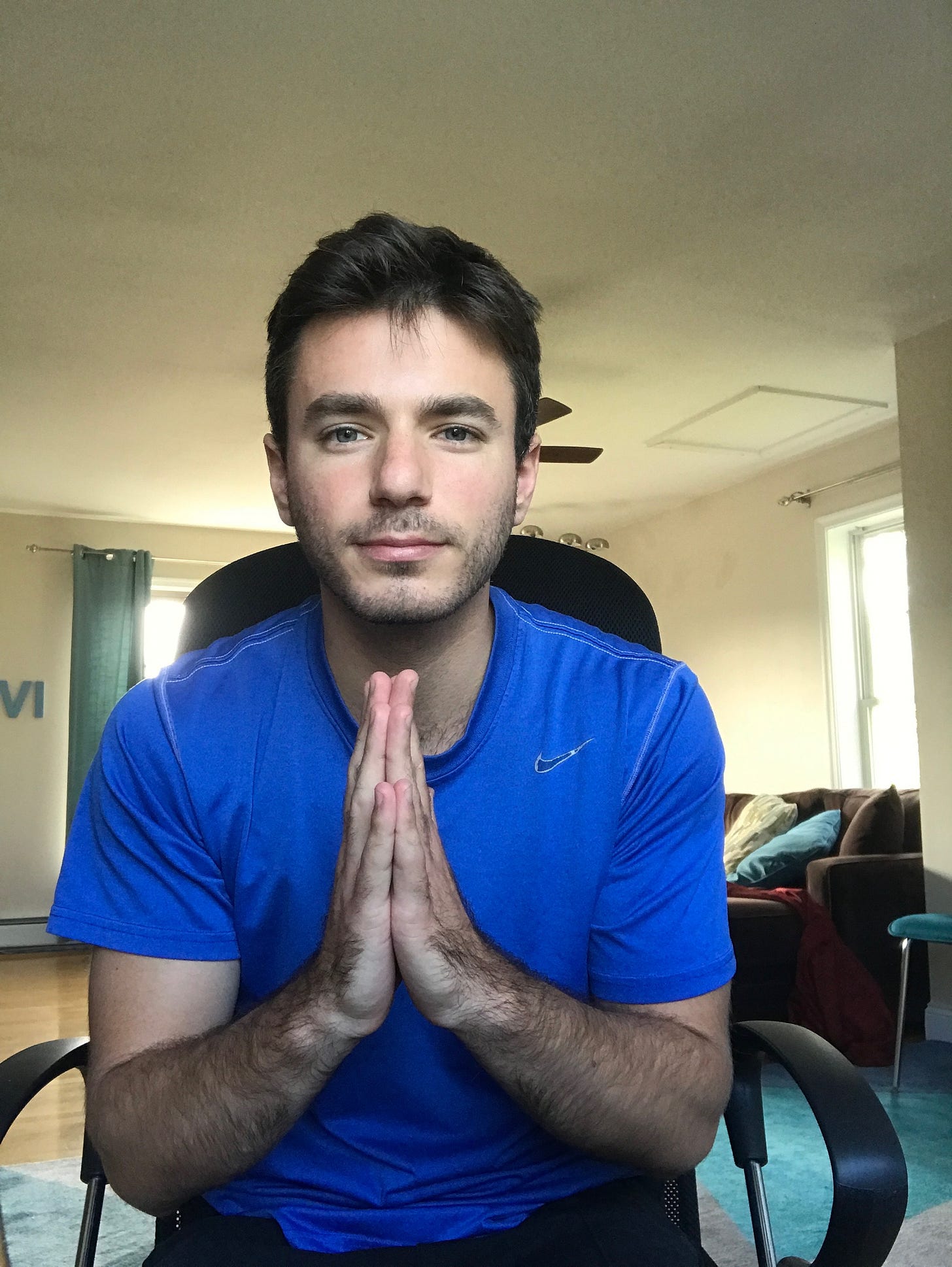I'm a non-famous journalist on Substack. There's nothing romantic about this.
The move to gig work is great for famous people, and generally bad for everybody else.
I don’t want this article to be taken the wrong way. I started my own Substack, because I wanted editorial freedom and the ability to create something of my own. Over the last month, I feel like I’ve done some of my best writing here. It’s been an enjoyable experience.
But would I be doing this if I still had a full-time job? Absolutely not. And would I quit my full-time job for the pleasure of groveling for subscriptions? Hell no. There’s nothing romantic about begging people to pay for your work, unless you’re a famous journalist with an immense following.
And if that’s the case, you probably aren’t doing much begging.
Vox co-founder Matthew Yglesias announced Friday he’s started his own Substack, leaving behind the prestigious brand he’s helped build. He says he misses blogging and wants to be independent. I enjoy his analysis and look forward to reading. At subscriptions of $8 per month, he’s destined to do well. If only 5,000 of his nearly 485,000 Twitter followers subscribe, he should bring in around $40,000 per month. That would leave him with roughly $36,000 in monthly income, after paying back 10 percent of his earnings to Substack.
Not too shabby, and he will almost certainly make much more than that.
With those numbers in mind, expect to see more big-time journalists make the switch. Some will be like Glenn Greenwald and write huffy resignation letters decrying censorship and whatever else will get them booked on Tucker Carlson. Others will be more honest, and acknowledge they can make a crap ton of money. But they will arrive at the same place, and the inevitable trend stories will follow. J-School professors are probably already showering their students with lectures about the advantages of “media entrepreneurialism,” or whatever they’re calling it.
But the truth is, most people cannot sustain themselves on Substack, or even come close. It is a platform where you are truly left on your own. There’s no promotion, outside of your own channels, and a modest homepage. I am hoping for Substack to be a part of my freelance puzzle, and just as importantly, give me an opportunity to write about things other than sports. I want to capture an audience.
As a privileged kid with no student debt, I can afford to write Substack posts with the goal of drawing eyeballs. If I truly needed income from Substack to make rent, I probably wouldn’t be on here. Instead, I would pick up a part-time job with a guaranteed paycheck.
It is getting increasingly difficult to find guaranteed paychecks in journalism. That has been true for decades, and it’s only getting worse. Newsrooms are shedding jobs at unprecedented rates, with more than 11,000 jobs lost during the first six months of the pandemic. Newspapers have shed half of their newsroom employees since 2008.
Facebook and Google’s suffocating grip on digital advertising has caused seemingly every outlet to shed jobs and put up paywalls. And no matter how many paywalls you enact, people will always want to find their news for free — and they will. It’s just like music. Musicians cannot make real money unless they tour, because streaming is theft. On Friday, more than 18,000 musicians signed a letter demanding a penny per stream from Spotify.
I look forward to listening to their stuff tonight on my free Sonos app.
Journalism has been a rich kid’s game for a long time, and despite numerous diversity efforts, the economics will make it stay that way. Any industry where unpaid internships are the norm is structured solely for privileged people. I quit my summer job selling pizzas so I could answer phones for Felger & Mazz — with my parents’ blessing.
There will be many success stories on Substack. There will be writers who make killings and others who leverage the platform into great jobs. But they will be in the vast minority. Most writers will struggle on here, because as we’ve established, it’s difficult to get people to part with their money. The end result is fewer journalists and less coverage.
But at least there’s flexibility. Yay! In support of California’s Prop 22, gig companies spent at least $199 million to blanket the state with ads. Many of them touted the freedom of gig work. That supposed advantage is always highlighted whenever people talk about heading into freelancing, whether they believe it or not.
But to state the obvious, flexibility is not an acceptable substitute for a protections and benefits — never mind a living wage.
So why am I here, again? The idea of building my own platform is alluring and it is gratifying when people pay for my work. But as great as that is, I wouldn’t be here if I were still making a full-time salary — even at my previous modest wage.
Unless I knew I could make more money doing this, of course. That’s what it’s all about.


